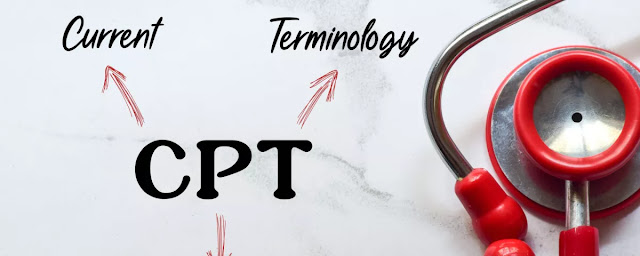Inside a Medical Billing Company: A Day in the Life of a Billing Team
Medical billing is often viewed as a behind-the-scenes operation in healthcare, but it plays a pivotal role in keeping medical practices financially healthy. At the heart of this system is the medical billing company, a hub of highly skilled professionals who manage everything from patient data entry to claim follow-ups and collections.
In this blog, we’ll take a closer look at what happens inside a typical day at a medical billing company, and how the work of a medical billing specialist contributes to efficient revenue cycle management.
8:00 AM – The Day Begins with Data Review
The day often starts with a team huddle where billing managers review priorities. Medical billing specialists log in to their systems and begin reviewing any new charges submitted by client practices the day before. These charges are pulled directly from electronic health records (EHR) or provided via secure data transfers.
Accuracy is key at this stage. Billing specialists check for completeness in documentation, ensuring every CPT (Current Procedural Terminology) and ICD-10 code is properly assigned based on the provider’s notes. Errors or missing information are flagged and returned to the provider before claims are generated.
9:30 AM – Claim Creation and Submission
Once the data has been reviewed and verified, the billing team moves on to claim creation. Using specialized billing software, medical billing specialists convert patient encounters into standardized electronic claims. These are submitted to insurance carriers—either directly or through a clearinghouse.
This process requires meticulous attention to detail. Any mistake in coding, patient information, or insurance policy data can lead to a claim denial or delay in payment.
For a medical billing company, clean claims (approved on first submission) are a performance metric. A high clean-claim rate reflects the quality of the medical billing services provided.
11:00 AM – Denial Management and Follow-ups
Not all claims go through smoothly. Around mid-morning, the billing team focuses on denied or rejected claims. A medical billing specialist reviews the rejection reasons—whether it’s a missing modifier, outdated policy information, or a coding mismatch.
The specialist will make corrections, add supporting documentation if necessary, and resubmit the claim. For persistent issues, the billing company may directly contact the payer or appeal a decision.
Follow-up is one of the most time-consuming but essential parts of medical billing services, ensuring that revenue isn’t lost due to technicalities or system issues.
1:00 PM – Patient Billing and Support
After lunch, many billing teams shift their attention to patient-side billing tasks. This includes generating and sending out patient statements, setting up payment plans, and responding to patient queries about their bills.
A good medical billing company understands that patient satisfaction matters. Specialists are trained to handle calls with empathy while explaining insurance adjustments, co-pays, and balances due.
In some cases, specialists also help patients understand denied claims and advise them on how to resubmit with additional information.
2:30 PM – Reporting and Analytics
Throughout the day, billing companies track metrics related to claim status, collections, and accounts receivable. In the afternoon, team leads or analysts compile performance reports for healthcare providers.
These reports include:
-
Reimbursement rates by payer
-
Denial rates and reasons
-
Outstanding patient balances
-
Claim aging analysis
Such insights help providers make informed decisions about their billing process and financial planning.
Advanced medical billing services also offer recommendations to optimize documentation practices or suggest workflow changes to reduce denials and improve revenue.
4:00 PM – Internal Audits and Compliance Checks
Before wrapping up the day, billing specialists may perform internal audits to ensure compliance with HIPAA regulations, payer guidelines, and federal laws. Any discrepancies in documentation or billing patterns are flagged for correction.
Compliance is a non-negotiable responsibility of any reputable medical billing company. Regular audits help maintain trust with both clients and payers.
5:00 PM – Wrapping Up and Preparing for the Next Day
The day ends with documentation of completed tasks, pending claims, and patient follow-ups. This information is logged into internal systems to ensure continuity and accountability.
Team leads review pending issues and plan for the next day’s workflow. For a medical billing specialist, every claim filed and every denial resolved is a step toward helping providers get paid faster and more accurately.
Final Thoughts
The role of a medical billing specialist is both complex and vital. Their work directly affects a practice’s cash flow, patient satisfaction, and compliance posture. Whether it’s handling insurance claims, patient support, or denial resolution, every task contributes to the smooth operation of the healthcare revenue cycle.
By partnering with a skilled medical billing company, healthcare providers can focus more on patient care while trusting experts to handle the financial backend. With reliable medical billing services, providers gain more than just administrative support—they gain a dedicated team committed to their financial success.




Comments
Post a Comment